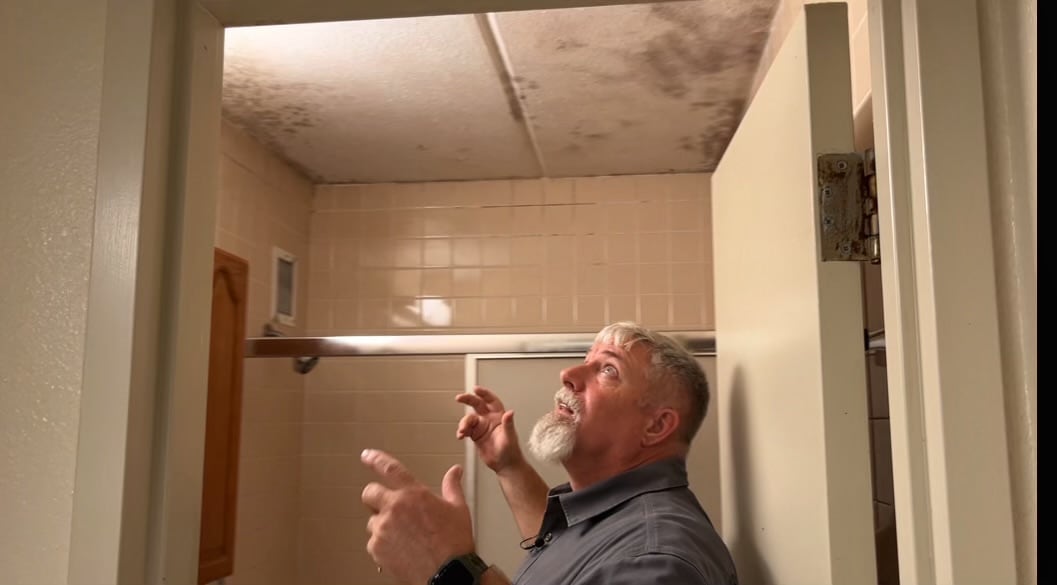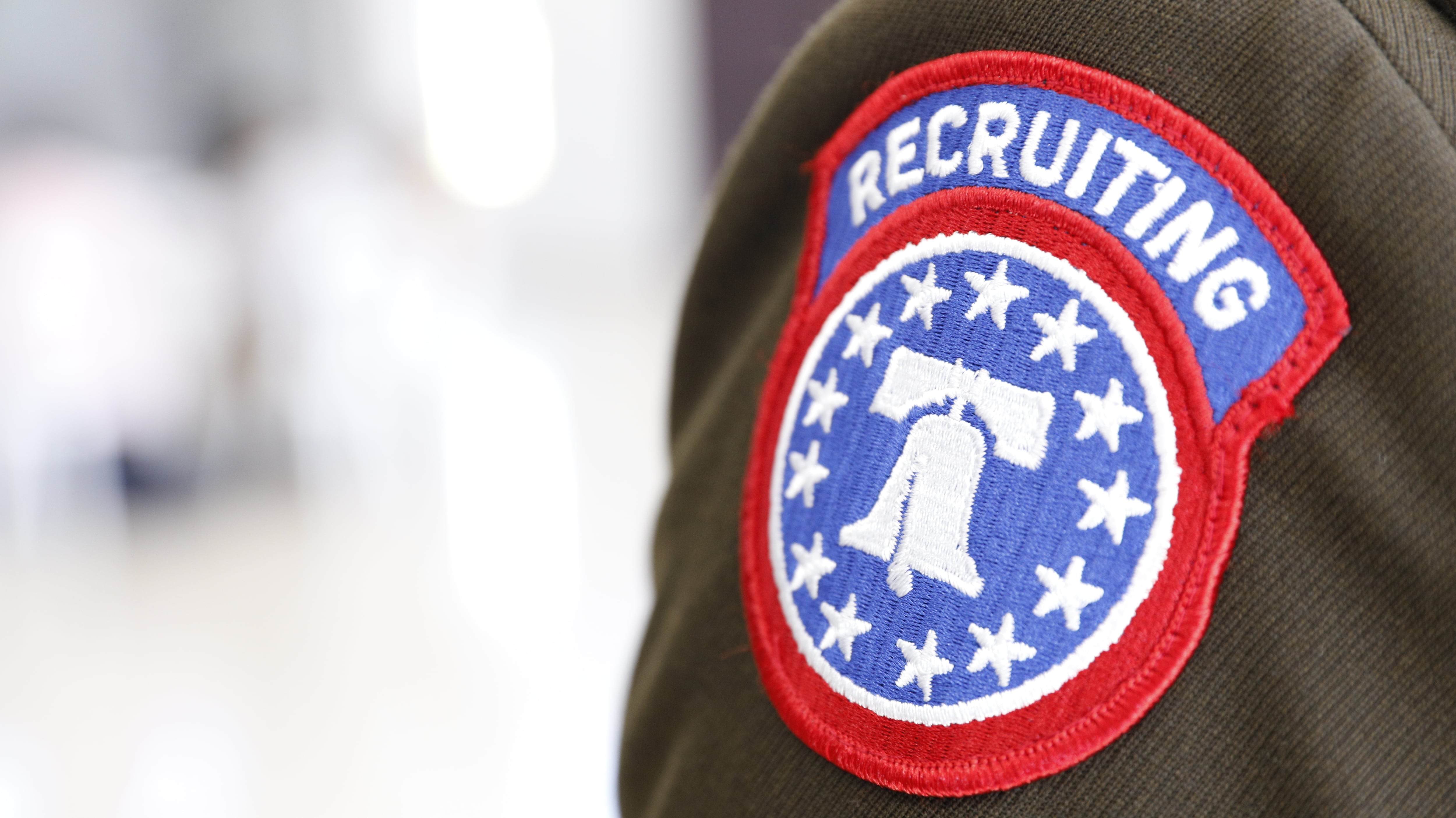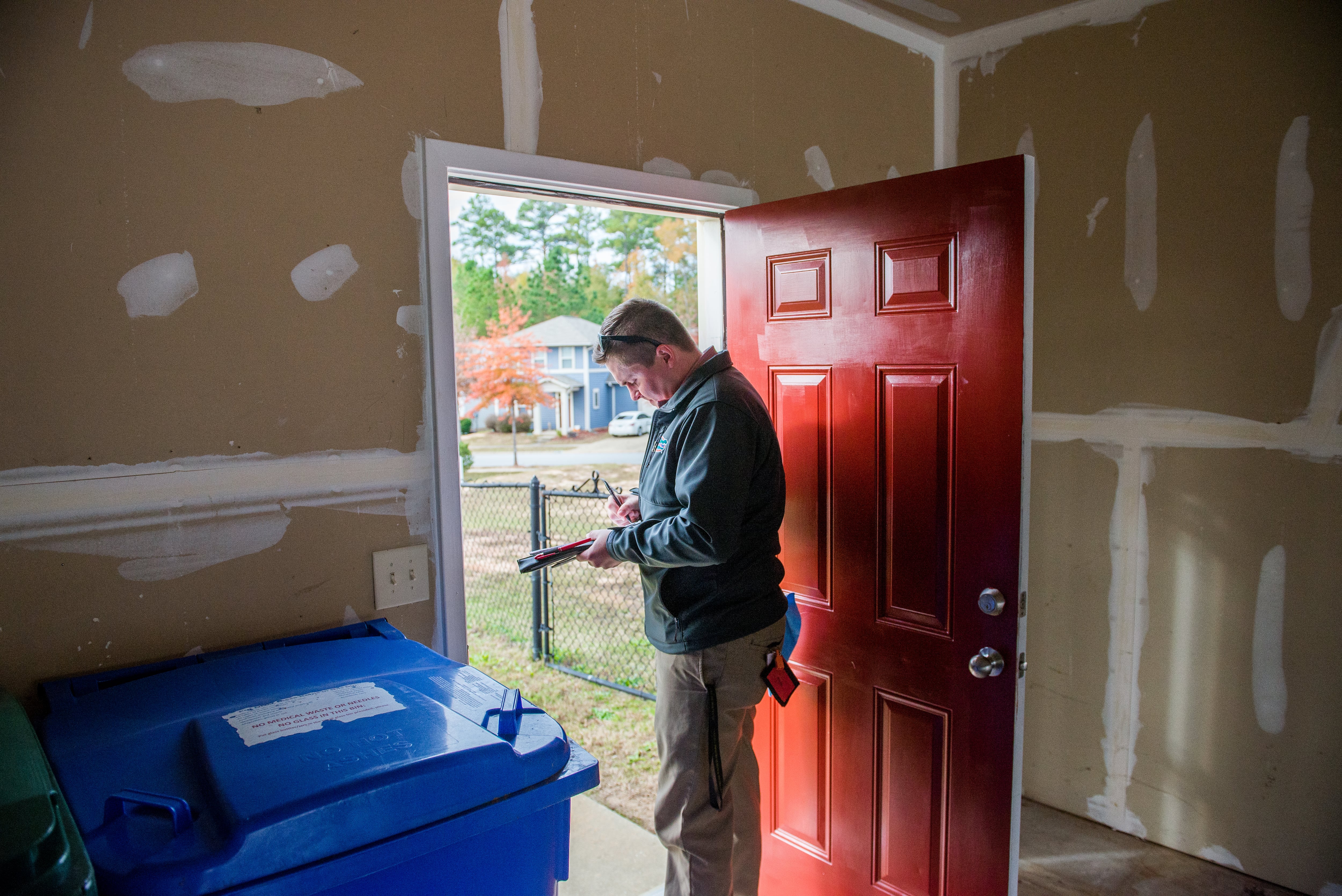In the wake of an internal audit sharply criticizing the Army’s oversight of its housing inspection program, a bipartisan group of House lawmakers demanded answers from the service in a Thursday letter shared with Army Times.
The Army Audit Agency report — which first gained widespread attention after a Sept. 21 Army Times story — concluded the Army was failing to ensure that privatized on-base homes with lead-based paint or asbestos are “safe for Army families.” Audit officials attributed the oversight failure to a lack of proper manning and training to execute the Army’s 2020 housing inspection program redesign, which also did not properly account for how the corporations running the properties would execute their purported end of the bargain.
The members who signed the letter are: Rep. Mark Alford, R-Mo.; Rep. Michael Waltz, R-Fla.; Rep. Robert Wittman, R-Va.; Rep. Don Davis, D-N.C.; Rep. James Moylan, R-Guam; and Rep. Rich McCormick, R-Ga. All six are members of the House Armed Services Committee.
“We need to ensure Army housing officials are being held accountable and taking action when [lead-based paint] and [asbestos-containing materials] are identified,” the lawmakers said. “While identifying the problem is a good first step, the Army and Department of Defense need to ensure the problem is being solved.”
In recent interviews with Army Times, the service’s senior leaders responsible for housing policy and administration admitted the struggle to implement the inspection program and discussed their steps to address its shortcomings.
RELATED

The Army’s top quality of life policy official, G-9 Lt. Gen. Kevin Vereen, acknowledged that with the 2020 reforms, “in some cases, probably the cart got before the horse.” Vereen explained that “when you look at where most of our housing partners [and] management offices were, and how they were manned, I don’t think that we looked at their ability to be able to adhere to some of…the policy changes.”
Lt. Gen. Omar Jones, the head of Installation Management Command, said the organization has continued hiring more housing managers and increased its in-person training investments since the audit, including an all-hands housing officer training summit that occurred at Fort Bliss, Texas, in August.
Both leaders are optimistic that the continued efforts will net results for Army families whose homes have environmental hazards like lead-based paint, and lawmakers — including the six letter signers — have expressed their desire to help fix the problem.
And all parties involved know the stakes amid the Army’s years-long recruiting crisis, which recently led the service to announce sweeping structural reforms.
RELATED

Vereen, who led Recruiting Command from July 2020 to September 2022, said that providing quality housing and services to soldiers and families is a “fundamental” part of recruiting and retaining them.
The lawmakers, in questioning the poor oversight, expressed concern that housing conditions could “exacerbate” the recruiting struggles.
“We owe it to our service members and their families that they have adequate privatized military housing,” they wrote.
Davis Winkie covers the Army for Military Times. He studied history at Vanderbilt and UNC-Chapel Hill, and served five years in the Army Guard. His investigations earned the Society of Professional Journalists' 2023 Sunshine Award and consecutive Military Reporters and Editors honors, among others. Davis was also a 2022 Livingston Awards finalist.





